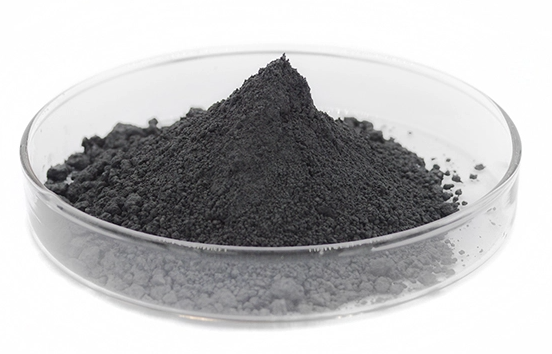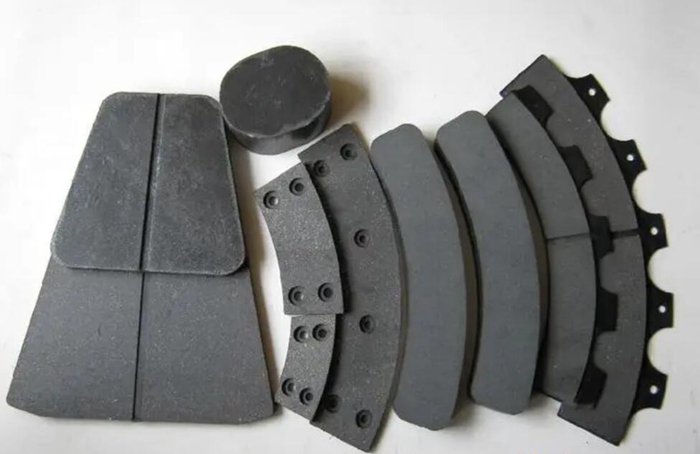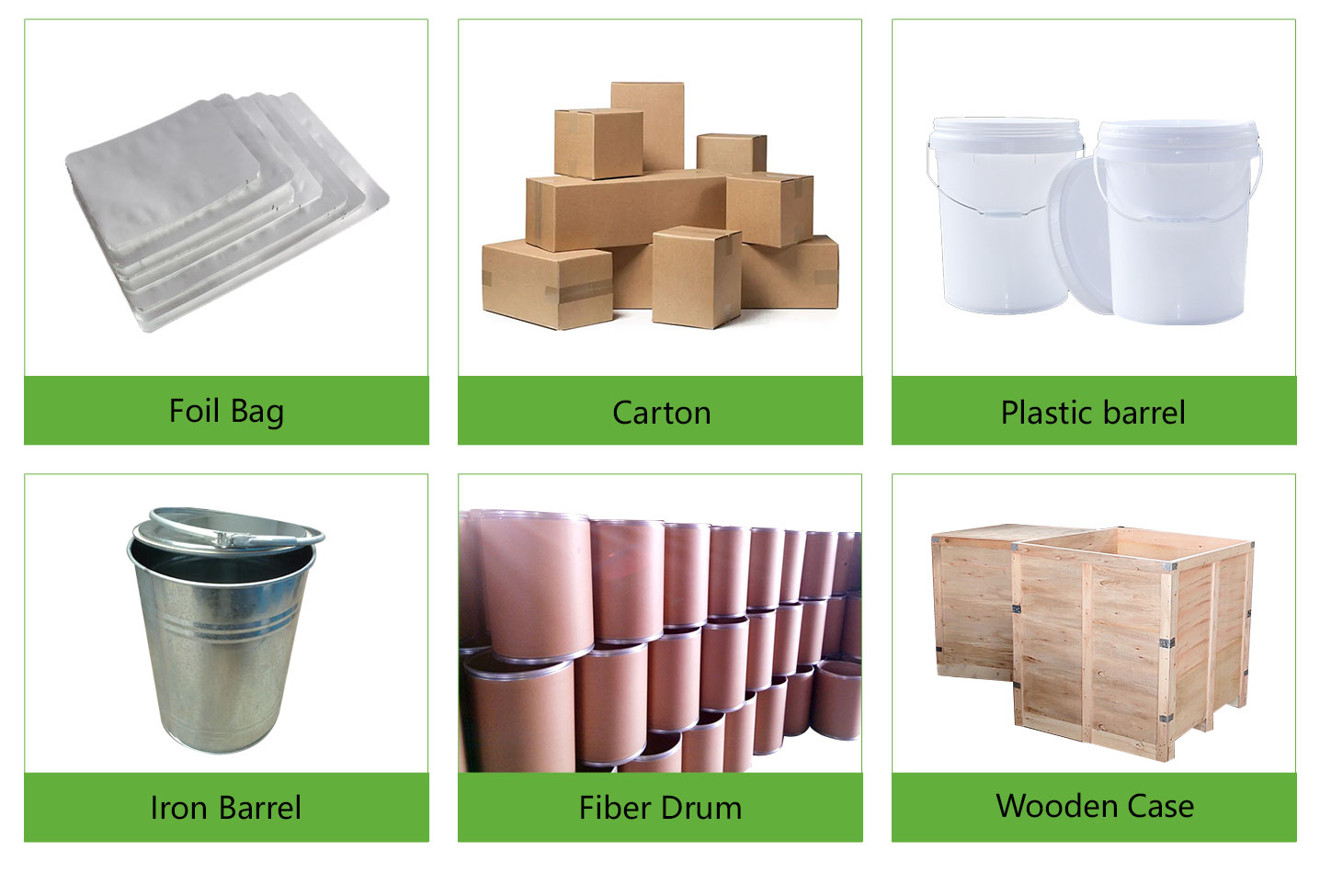
| MoS2 Grade | FFFS | Particle size SEM | Laser Median Particle size | Bulk density |
| Technical | 3 to 4 μm | <1 to100 μm | <30 μm | 1.3 g/cm3 |
| Technical Fine | 0.65 to 0.8 | <0.5 to 20 μm | <6 μm | 0.4 g/cm3 |
| Super Fine | 0.4 to 0.45 | <0.5 to 8 μm | <1.5 μm | 0.3 g/cm3 |
| Chemical Composition Analysis % | ||||||||||
| MoS2 | Fe | SiO2 | H2O | MoO3 | Oil | acid insoluble | PH | |||
| 98.5 to 99 | 0.25 | 0.13 | 0.14 | 0.25 | 0.16 | 0.25 | 0.5 | |||
| Brand | Particle size | Purity | Character |
| TR-MoS2-01(suspend production) | 100nm | 99.9% | Black powder |
| TR-MoS2-02 | 500nm | 98.5% | Grey black powder |
| TR-MoS2-03 | D50:1.5μm | 98.5% | Grey black powder |
| TR-MoS2-04 | D50:3-6μm | 98.5% | Grey black powder |
| TR-MoS2-05 | D50:12-16μm | 98.5% | Grey black powder |
| TR-MoS2-06 | D50: 16-30μm | 98.5% | Grey black powder |



Molybdenum Disulfide Properties |
|
| Other Names | Molybdenum Disulfide, Molybdenum Sulfide, MoS2 |
| CAS No. | 1317-33-5 |
| Compound Formula | MoS2 |
| Molecular Weight | 160.07 g/mol |
| Appearance | black/lead-gray solid |
| Melting Point | 2,375 °C (4,307 °F; 2,648 K) |
| Boiling Point | N/A |
| Density | 5.06 g/cm3 |
| Solubility in H2O (water) | insoluble |
| Electrical Resistivity | N/A |
| Poisson's Ratio | N/A |
| Specific Heat | N/A |
| Thermal Conductivity | N/A |
| Thermal Expansion | N/A |
| Young's Modulus | N/A |
| Exact Mass | 161.849549 |
| Monoisotopic Mass | 161.849549 |
Molybdenum Disulfide Health & Safety Information |
|
| Safety Warning | Warning |
| Hazard Statements | H315-H319-H335 |
| Hazard Codes | Xi |
| Risk Codes | N/A |
| Safety Statements | N/A |
| RTECS Number | N/A |
| Transport Information | NONH for all modes of transport |
| WGK Germany | 3 |